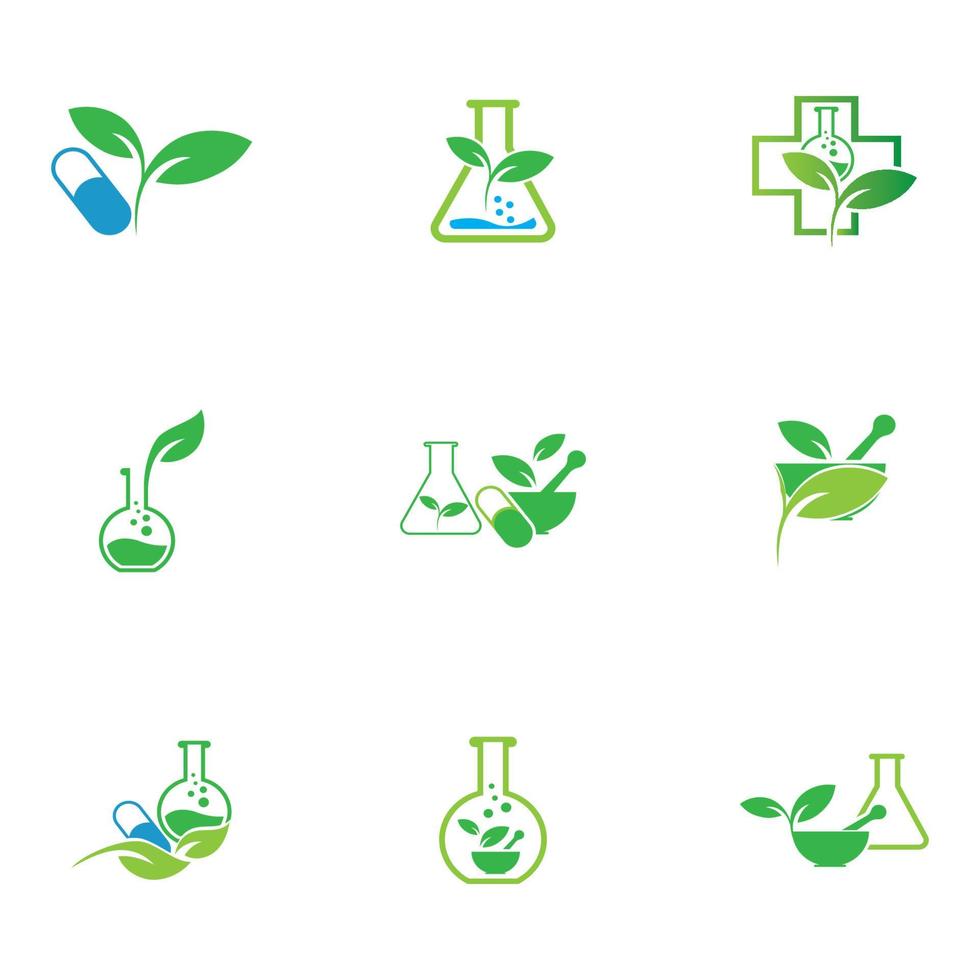
Natural Medicine For Diseases
Shiverenje M Simani1. Turmeric for Inflammation and Cancer Prevention Turmeric, particularly its active compound curcumin, has been extensively studied for its anti-inflammatory and antioxidant properties. Research suggests that curcumin can help prevent certain types of cancer by inhibiting the growth of cancer cells and reducing inflammation.
2. Ginger for Digestive Health and Nausea Ginger is well-known for its ability to alleviate nausea and improve digestion. It has been used traditionally to treat various gastrointestinal issues and is now supported by scientific evidence for its effectiveness in reducing nausea, especially during pregnancy and chemotherapy.
3. Garlic for Heart Health Garlic has been shown to have numerous cardiovascular benefits, including lowering blood pressure and cholesterol levels. Its active compounds, such as allicin, help improve heart health and reduce the risk of heart disease.
4. Echinacea for Immune Support Echinacea is commonly used to boost the immune system and reduce the duration of colds and flu. Studies have indicated that it can enhance immune function by increasing the production of white blood cells.
5. Chamomile for Anxiety and Sleep Disorders Chamomile is widely recognized for its calming effects and is often used to treat anxiety and sleep disorders. Its natural compounds can help relax the nervous system and promote better sleep.
6. Aloe Vera for Skin Conditions Aloe vera has been used for centuries to treat various skin conditions, including burns, wounds, and irritations. Its soothing and anti-inflammatory properties make it an effective natural remedy for skin health.
7. Peppermint for Irritable Bowel Syndrome (IBS) Peppermint oil is known for its ability to relieve symptoms of irritable bowel syndrome (IBS), such as abdominal pain and bloating. It works by relaxing the muscles of the gastrointestinal tract and reducing spasms.
These natural remedies are becoming increasingly supported by scientific evidence, offering a complementary approach to managing modern diseases. While they may not replace conventional treatments, they provide additional tools for maintaining health and preventing disease.
